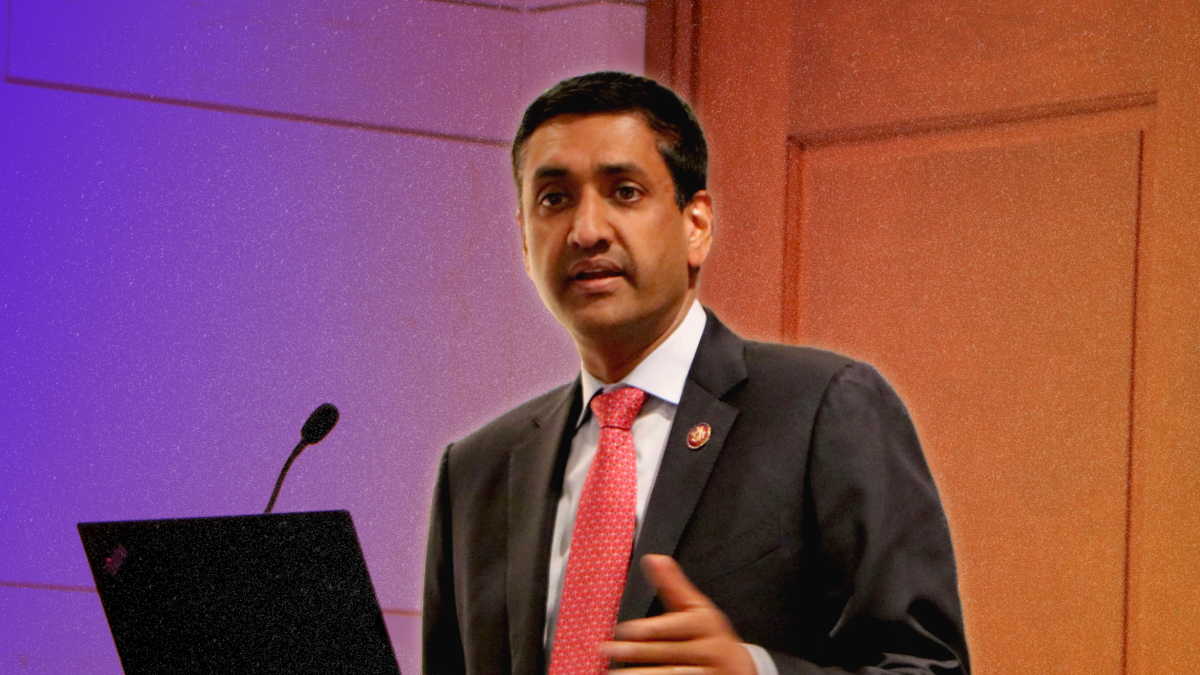Public Goods
We [also] build our sense of civic identity and opinions about government through social interactions. […] Our social capital — which Putnam defines as the overarching belief about society that facilitates co-operation — diminishes when we lose opportunities to engage with people outside of our regular social networks.
Creative Destruction • Rabbit Holes 🕳️ #38
We want nothing less than entire communities aping into a redefinition of public concern. The opportunity in front of us is bigger than any one protocol. In today's world, capital is not scarce; ambitious visions for the public's benefit are.
Sam Hart • Positive Sum Worlds: Remaking Public Goods
When we think of the public, we should think expansively. This is not to say that we must consider everyone in the world as a part of our public. As we emphasized in our essay on squads, we also celebrate small, self-selective communities and trust-based groups. But by considering the effects (positive and negative) that we might have on groups at
... See moreSam Hart • Positive Sum Worlds: Remaking Public Goods

Every one of us is a beneficiary of the public goods of societies past. These grand projects humble us. Cathedrals, great canals, sanitation, the expansion of mass literacy—they tell us that the "goodness" of a public good is also measured in terms of its longevity. To match these great works, we must extend our time horizon. We want to ensure
... See moreSam Hart • Positive Sum Worlds: Remaking Public Goods

sari and
That private platforms such as Amazon’s Twitch, Twitter and Facebook now constitute the digital equivalents to public spheres is as much a political failure as one of our collective imagination.